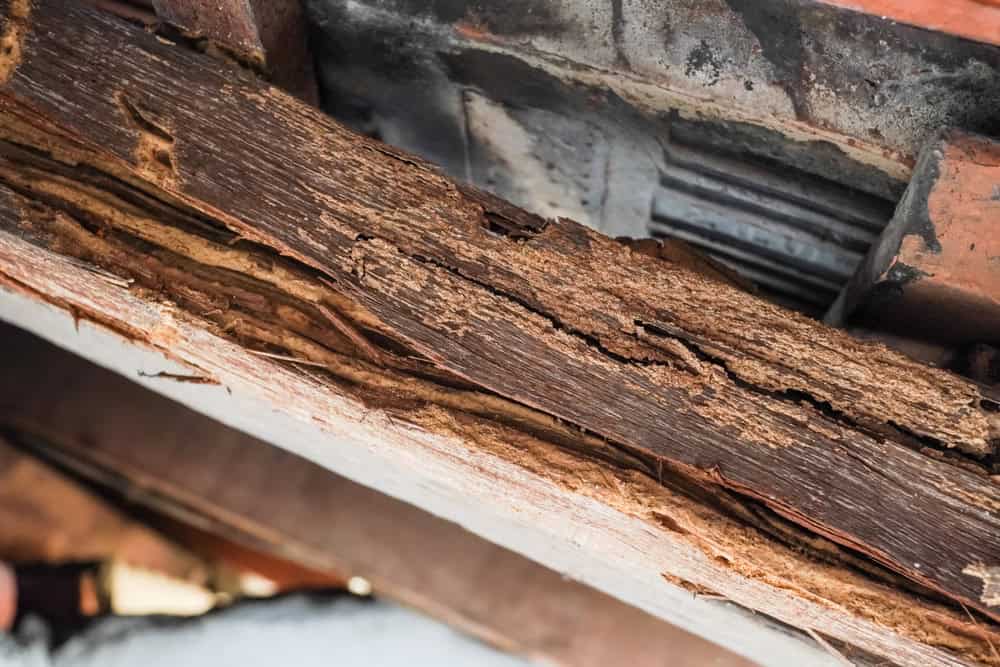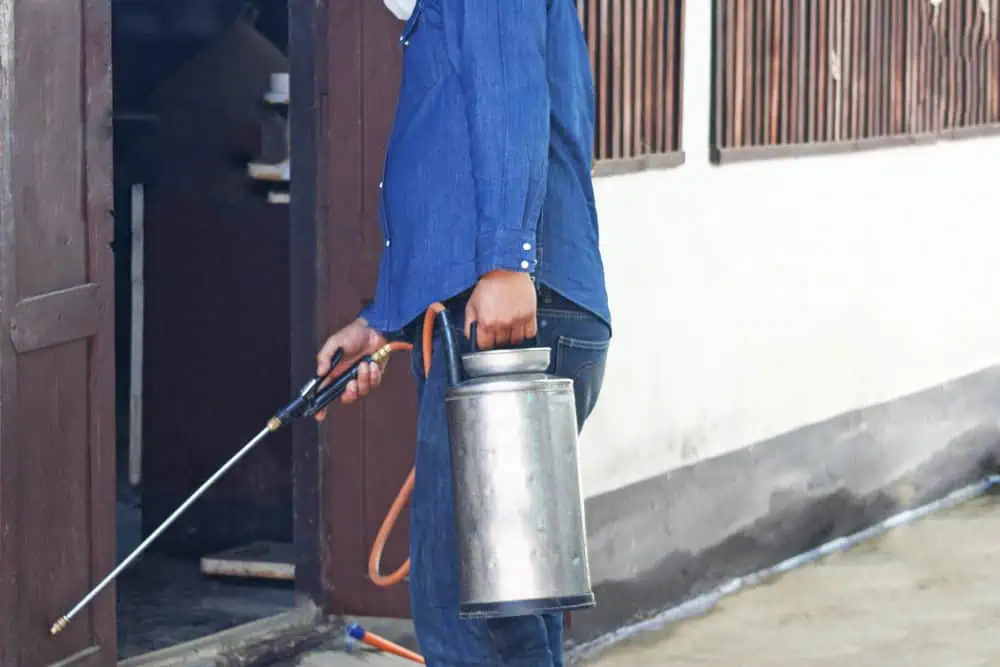Fast, thorough termite treatment that eliminates colonies and protects your biggest investment for years to come.

Hear from Our Customers

You’ll sleep better knowing your home is protected from costly structural damage. Our termite treatment doesn’t just kill what’s there now—it creates a barrier that keeps new colonies from establishing.
Within days of treatment, active termites stop feeding and die off. You’ll see the mud tubes dry up and disappear. More importantly, you’ll have confidence that your foundation, floor joists, and wooden structures are safe from ongoing damage.
The real peace of mind comes from knowing you caught the problem before it became a financial disaster. Most homeowners who wait too long end up facing thousands in structural repairs on top of the termite treatment costs.
86 Pest and Wildlife Removal has been protecting homes in Merchantville and throughout Camden County from termite damage. We focus specifically on the termite species that thrive in New Jersey’s climate—particularly the subterranean termites that cause the most structural damage to local homes.
We understand how termites behave in this area’s older home construction and humid conditions. We’ve seen what works and what doesn’t when it comes to eliminating established colonies and preventing new infestations.
Every technician is licensed in New Jersey and trained specifically in termite identification, treatment, and prevention methods that work in the local environment.

First, we conduct a thorough inspection of your property, checking all the areas where termites typically enter—around your foundation, basement, crawl spaces, and any wood-to-soil contact points. We’ll show you exactly what we find and explain whether you’re dealing with an active infestation or just conducive conditions.
If termites are present, we’ll recommend the most effective treatment method for your specific situation. This might be liquid termiticide applied around your foundation, bait stations for ongoing monitoring, or a combination approach depending on the severity and location of the problem.
Treatment typically takes a few hours to complete, and you’ll start seeing results within days. We’ll schedule a follow-up inspection to ensure the treatment worked and discuss ongoing prevention strategies to keep your home protected long-term.

Ready to get started?
Your termite treatment includes a complete property inspection, identification of termite species and colony locations, and application of professional-grade termiticides that aren’t available to homeowners. We also address the conditions that attracted termites in the first place—moisture problems, wood-to-soil contact, and entry points around your foundation.
You’ll receive a detailed report showing exactly where we found termite activity and what we did to eliminate it. We explain the signs to watch for and provide recommendations for preventing future infestations, including landscaping and maintenance tips specific to your property.
Many Merchantville homes have unique challenges due to their age and construction style. We tailor our approach to address these specific vulnerabilities while working around your landscaping and daily routine with minimal disruption.
